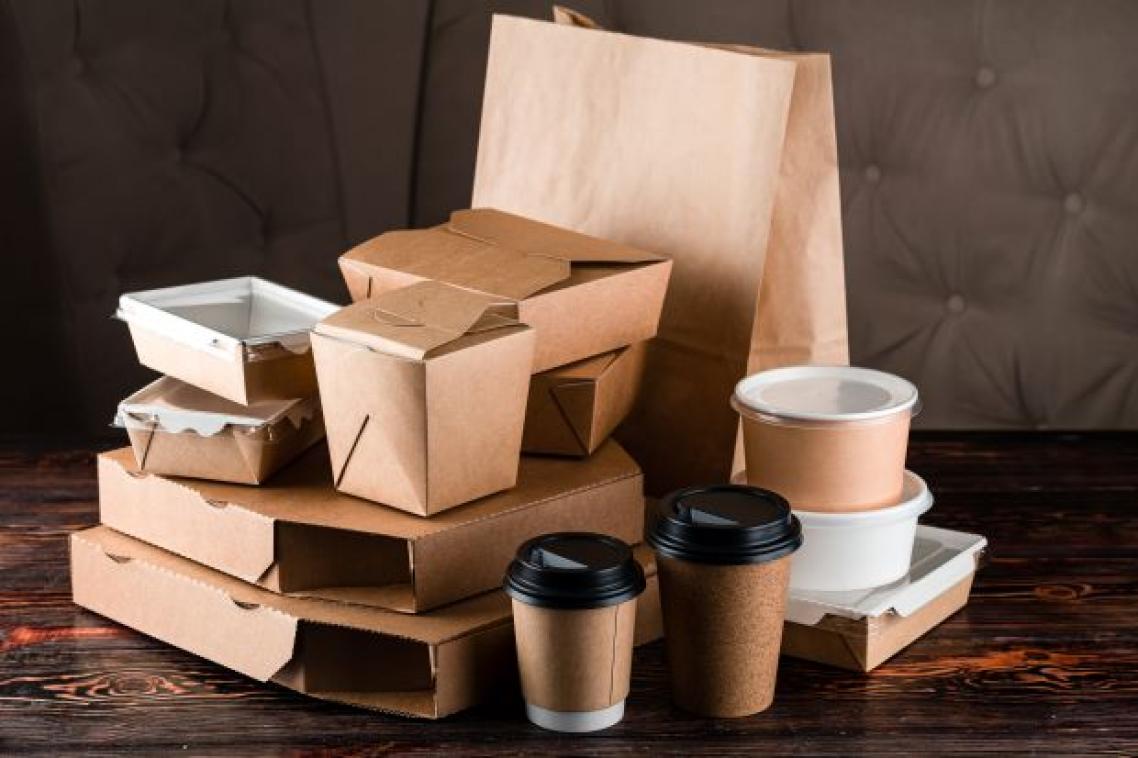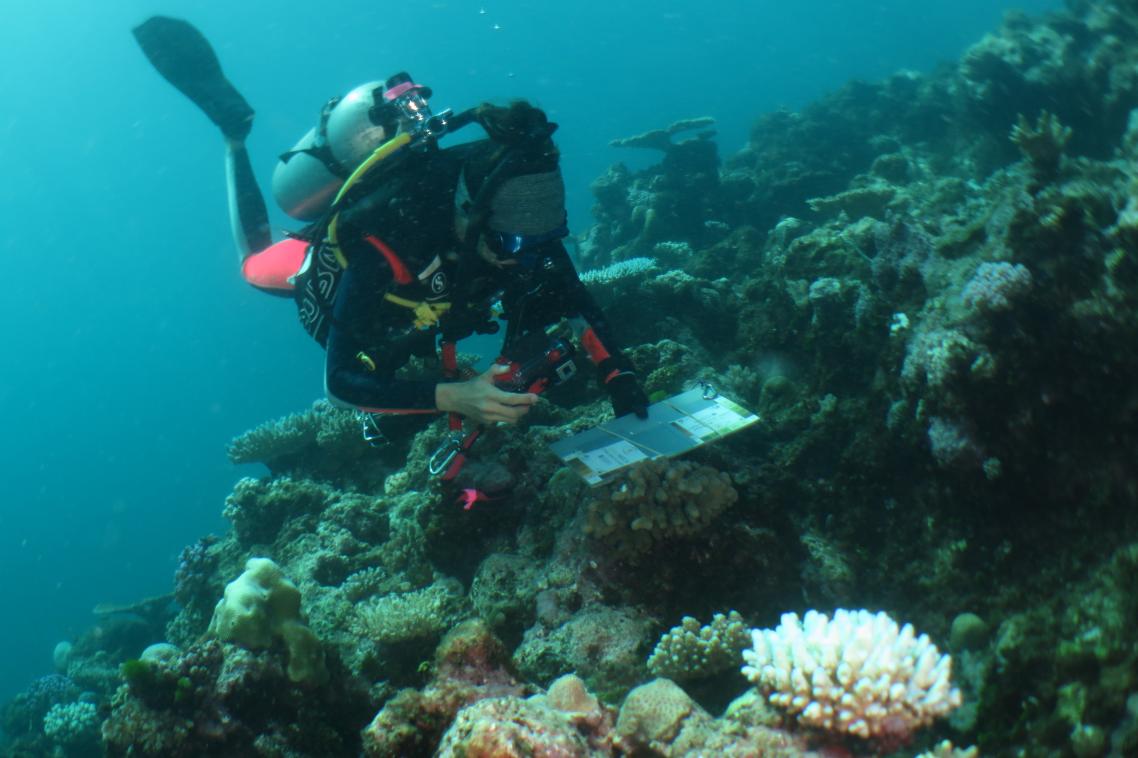Concern about chemicals in compostable food containers

The project will identify the chemicals in compostable food packaging.
(Photo credit: Adobe )
University of Queensland researchers are analysing compostable takeaway food packaging for potentially polluting chemicals.
Associate Professor Sarit Kaserzon from UQ’s Queensland Alliance for Environmental Health Sciences (QAEHS) said little is known about the substances used in compostable paper or cardboard products and how they may impact the environment.
“Recent bans on single use plastic food packaging have led to an increase in alternatives, which is a really positive step,” Dr Kaserzon said.
“However, we have a limited understanding of the chemicals within these alternate products and how they may pollute recycling or composting streams.
“We want to understand how these chemicals may persevere when the packaging is composted or recycled, leading to potential human and environmental exposure.
“This knowledge is crucial as we divert waste from landfill and transition towards more sustainable practices.”
Research has already found chemicals such as mineral oils, flame retardants and per- and polyfluoroalkyl substances (PFAS) in non-compostable paper containers, additives which enhance their structural integrity and resistance to heat, water and grease.
PFAS, synthetic compounds linked to human health problems, are estimated to be present in 40 per cent of food contact papers in the United States of America.
The UQ research project aims to understand if similar substances are present in compostable products.
Dr Fisher Wang from QAEHS said the research findings will inform regulatory decisions to ensure the safe and sustainable use and disposal of compostable food packaging in Australia.
“Food packaging is essential for the preservation, protection, transportation, storage and marketing of food,” Dr Wang said.
“Working closely with government and industry partners, we will test compostable and/or biodegradable food contact materials to identify the concentrations of chemicals of concern and then determine the persistence of these chemicals in the organics resource recovery stream.
“When we understand the chemicals in compostable food packaging and their potential to persist past their intended use, we can work out ways to ensure Australians and our environment are protected against exposure to harmful substances.”
The research is funded through the Australian Research Council Linkage Projects grant scheme.
Related articles

Under the surface: how genetics could save the Great Barrier Reef

Peptides to prime plant defence against viruses in vegetables
Media contact
UQ Communications
communications@uq.edu.au
+61 429 056 139
